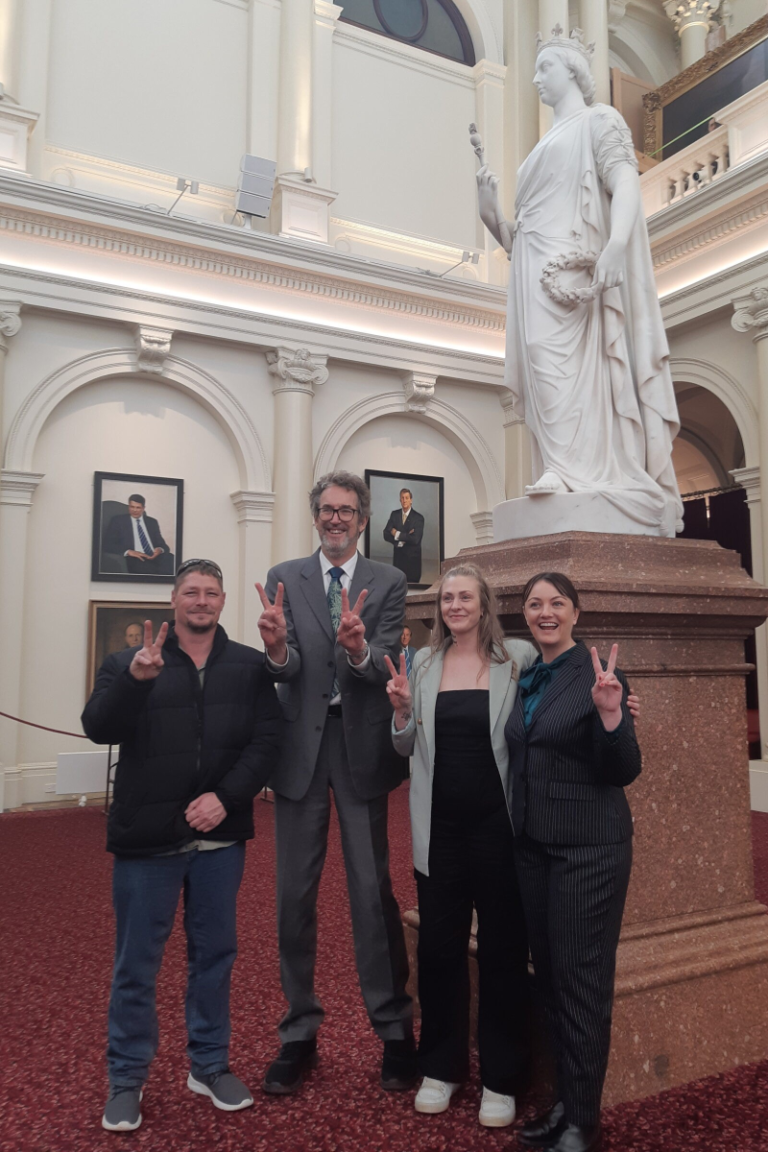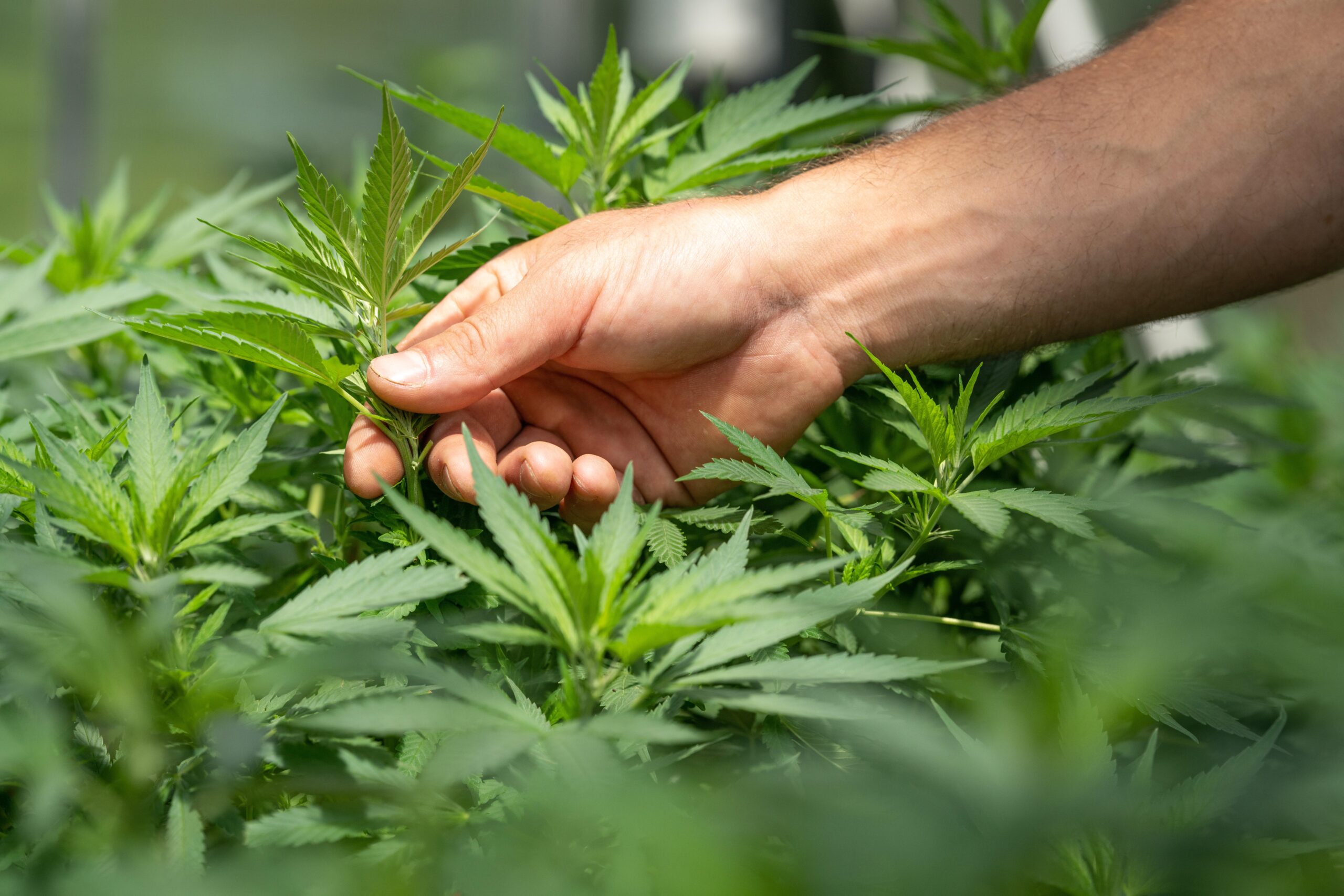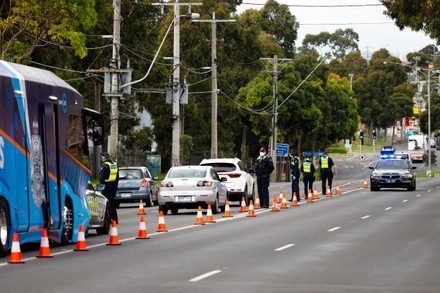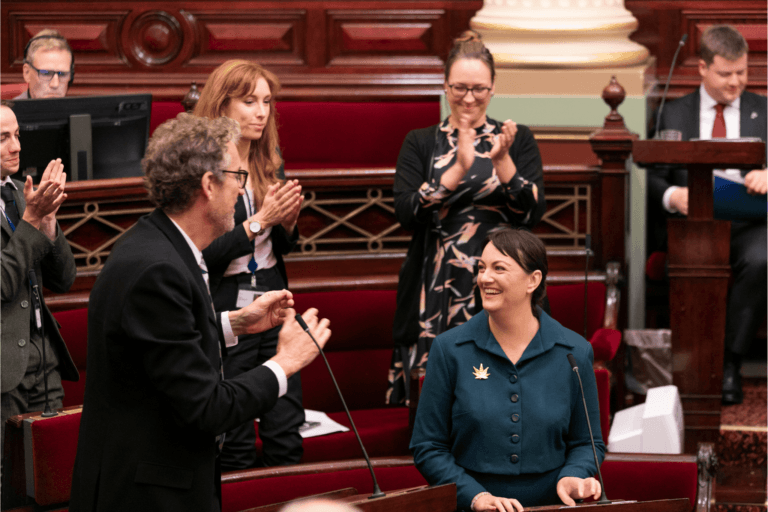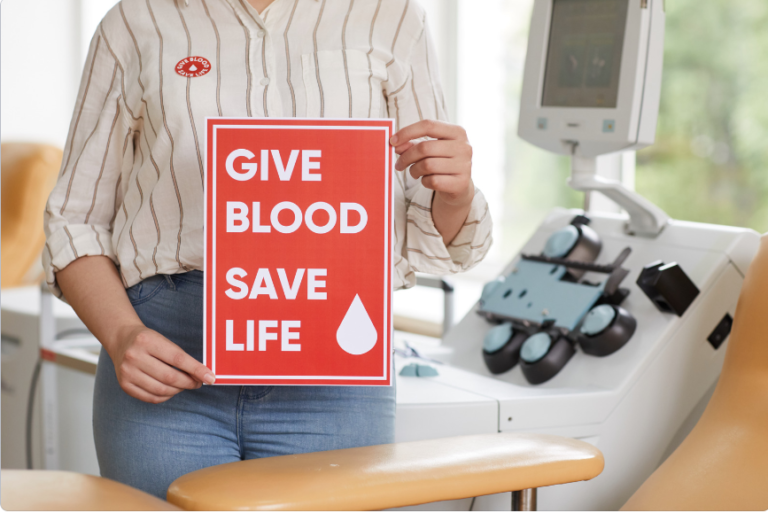Legalise Cannabis Victoria MP Rachel Payne shines a light on Medicinal Cannabis for endometriosis and pelvic pain during Women’s Health Week, 4-7th September 2023.
This week across Australia approximately 1 in 9 people are suffering from endometriosis; a highly painful and chronic inflammatory condition that has no cure. While Endometriosis seriously affects a person’s quality of life, it also impacts workforce participation. With 1 in 5 adult Australians living with chronic pain costing the community $140 billion per annum, Legalise Cannabis Victoria’s Rachel Payne MP pushes for greater access and public health investment in medicinal cannabis for endometriosis.
Medicinal Cannabis is an increasingly popular alternative for pain relief treatments with The Therapeutic Goods Administration reporting a total of 1.17 million prescriptions issued for medicinal cannabis since it was legalised in 2016, and approximately 65% of these used to treat chronic pain.
The impact of endometriosis on workforce participation is significant. A National Women’s Health Survey published by Jean Hailes for Women’s Health this year, shows %44.9 of respondents have taken extended leave from work due to pelvic pain, while the Federal Department of Health, records tens of thousands of hospitalisations each year due to endometriosis.
A 2022 Instagram poll by ‘theendojournal’ (14.2k followers) found %78 of the 650+ respondents had presented to an emergency department at least once for endometriosis during the previous two years, with 1 in 5 (%18) presenting more than five times in the past two years.
A current medicinal cannabis study out of Deakin University in Melbourne reflects the economic impact of endometriosis through the lens of hospital presentations. The ‘EndoCannED’ trial will look at whether prescribing medicinal cannabis instead of opioids reduces emergency department presentations among people living with the condition.
Sadly however, Legalise Cannabis Victoria understand some will be excluded from driving during the entire trial not because they will be impaired but because their prescription medicine is discriminated against. As with all other prescription medications, this should be a decision between a prescribing doctor and their patient.
Professor Antonina Mikocka-Walus from Deakin’s Centre for Social and Early Emotional Development (SEED), said: Opioids are often ineffective in managing pain from endometriosis and are not suitable for the long-term treatment required by those with the condition. Women with endometriosis have a four times greater risk of chronic opioid use compared to women without. Despite substantial use of these medications most people with endometriosis in Australia report poor pain and symptom control.
Rachel Payne, MP for Legalise Cannabis Victoria, said: Unlike medicinal cannabis, prescription medicines such as opioids are addictive and have a higher harm profile, which inevitably puts pressure on our health care system. That is why we are advocating for a wider understanding and uptake of medicinal cannabis for the treatment of endometriosis and pelvic pain because if someone can manage their pain with medicinal cannabis then they should be able to work.
Alice Davy, Medicinal cannabis patient and endometriosis advocate, said: I suffer from endometriosis and adenomyosis, which has left me with horrible pelvic pain over my lifetime. Without medicinal cannabis I wouldn’t be able to manage that pain. It’s changed my life and I’m about to have a radical hysterectomy for the adenomyosis and luckily I can have all of my medicinal cannabis in hospital and as part of my treatment plan, because without it I cannot imagine how I would ever recover.
Rachel Payne MP is available for comment.
For further information on Deakin University the project please contact

